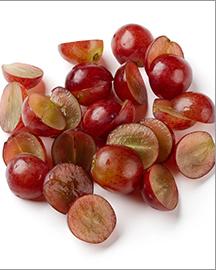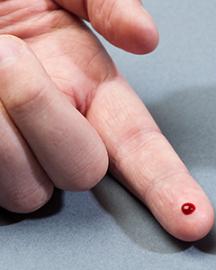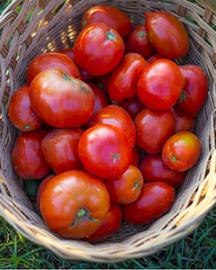Green Jet Fuel Takes Off
U.S. airlines have committed to reducing carbon dioxide emissions by 50 percent in 2050. This has generated significant demand for renewable jet fuel that can be used to replace the 23 billion gallons of fossil fuel currently supplying the jet fuel market. ARS scientists at the National Center for Agricultural Utilization Research in Peoria, IL, assembled a collection of yeasts that convert agricultural waste into bio-oil, which is then easily converted into biodiesel or renewable jet fuel.
One of these yeasts (Rhorosporidium toruloides) was used in a pilot demonstration at a commercial development center to convert sugarcane waste into bio-oil. The yeast produced 18 grams of bio-oil/100 grams of agricultural waste, demonstrating that it is robust enough to produce bio-oil in a commercial, large-scale operation. This accomplishment will help reduce fossil fuel consumption and convert underutilized agricultural residues into value-added, green biofuels that support rural economies.
Related Information
Research Project: New Bioproducts for Advanced Biorefineries









